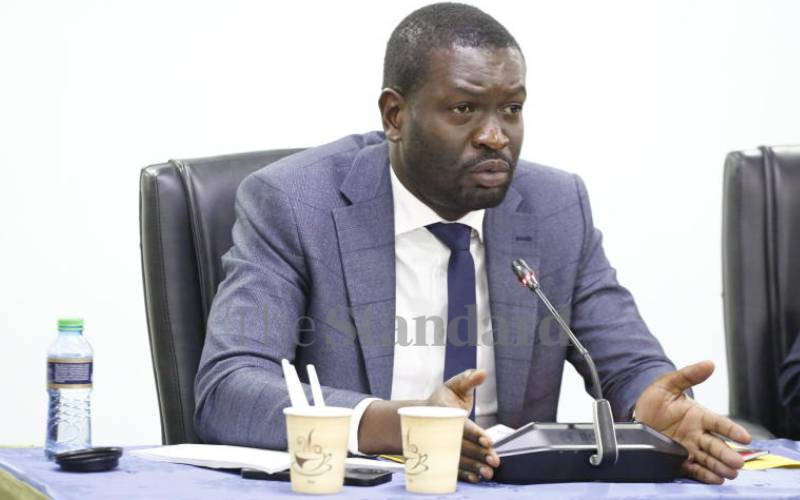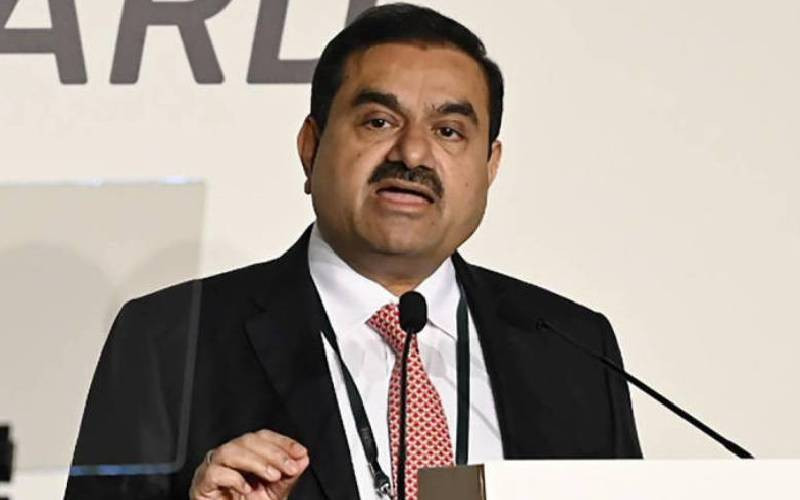×
The Standard e-Paper
Informed Minds Prefer The Standard

Audio By Vocalize

Kenya Power will be required to make public ownership details of independent power producers it has signed power purchase agreements with as Parliament seeks increased transparency in the sector.
A Bill proposing the review of the Energy Act of 2019 also wants priority given to power producers generating electricity from renewable energy sources in a bid to tame the high cost of electricity in the country.

